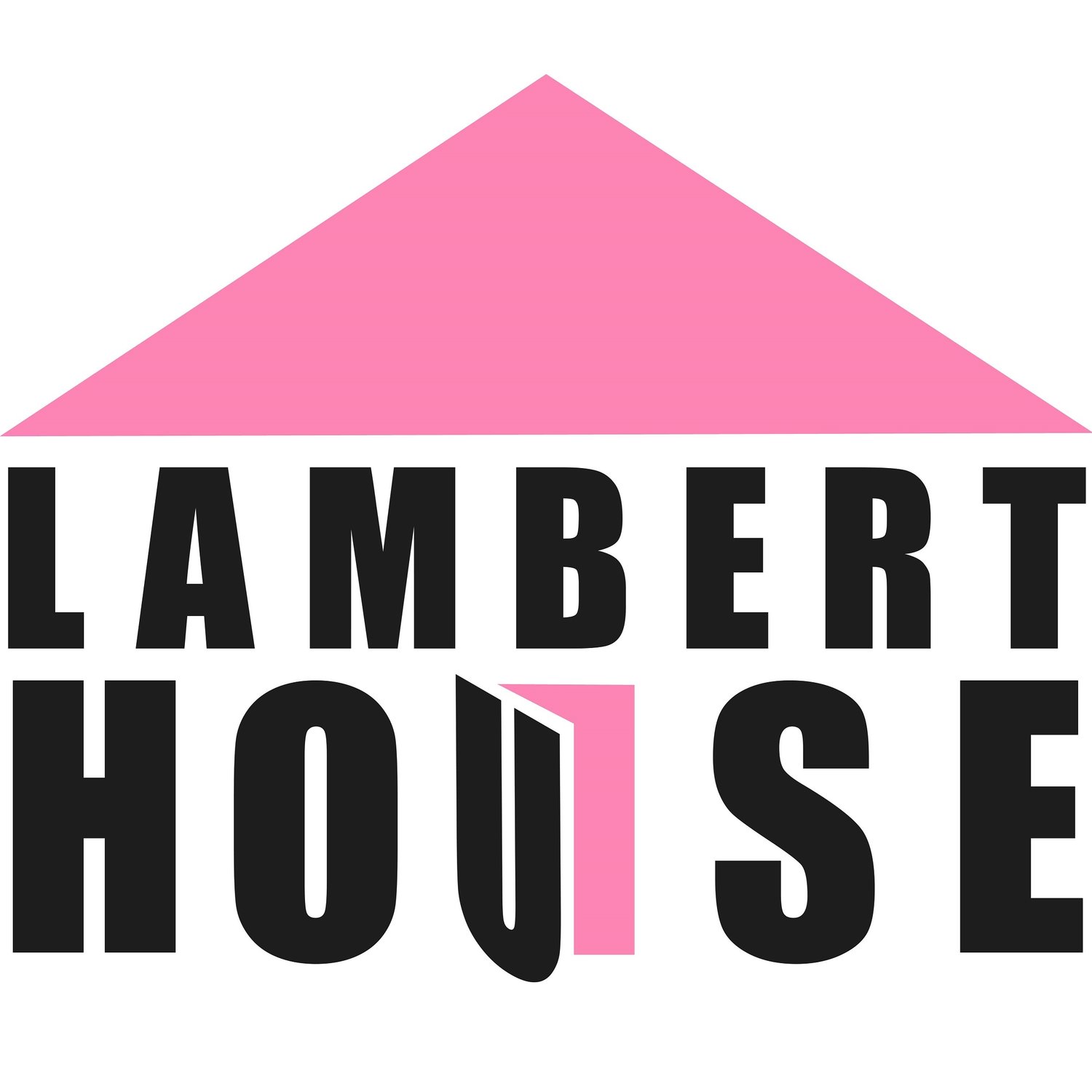Mental Health Resources
Below are some websites that may be of help in locating an LGBTQ+ competent therapist.
Click here for some questions to ask a potential therapist.
Navigator tools:
https://ingersollgendercenter.org/ingersoll-directory/ - Directory of Seattle-area trans* health providers maintained by Ingersoll Gender Center, which is an organization by and for transgender and gender nonconforming people providing mutual support through peer led support groups, advocating in navigating resources, community organizing, and education — all in the pursuit of our collective self-determination.
https://lgbtqhealthcaredirectory.org/ - Health Professionals Advancing LGBTQ+ Equality partnered with the Tegan and Sara Foundation, the nonprofit started by award-winning musicians Tegan and Sara, to launch the brand-new LGBTQ+ Healthcare Directory with key support and collaboration from global health service company, Cigna.
OutCare Health Website - A nonprofit leading the charge for LGBTQIA+ health equity worldwide, empowering millions of individuals with comprehensive resources, support, and education.
https://www.multiculturalcounselors.org/ - Washington Counselors of Color Network directory
https://www.innopsych.com/ - US directory of therapists of color
https://locator.apa.org/ - Psychologist locator by the American Psychological Association.
https://www.psychologytoday.com/ - Directory of mental health professionals
https://www.seattlechildrens.org/clinics/washington-mental-health-referral-service/ - Seattle Children’s Hospital Mental Health Referral Service helps families find appropriate mental health services for children age 4-17 living in Washington State. Teens age 13-17 may use the service to find mental health services for themselves.
You can also try reaching out to your nearest LGBTQ center for information about resources in your area. There are 283 member centers listed across the United States.
Training and Education:
What is your background and training (i.e., what certification or degrees do you hold)?
What kind of training have you had in working with the LGBTQ population?
How long have you worked in this field?
What kinds of treatment or therapy do you think might help me? (What is your understanding/use of evidence based treatment options?)
What is the length of time that you anticipate treatment will take?
What are the advantages and disadvantages of different approaches to treatment, including medications?
Cost:
How much will treatment cost?
Find out if this provider takes your insurance? (Are they out of network, is there a copay).
Ask if they have a sliding scale.
Is there a discount for online or phone sessions as opposed to in-person.
Modality:
There are several different modalities of treatment. Individual therapy, Couples therapy, family therapy and group therapy are the most common. Some therapists specialize in one type of modality or offer several.
Age Specialties:
What age range does the therapist specialize in? (Adults, teens, children, families) For example, if you are looking for counseling for an adolescent, ask what percentage of their caseload is within the same age range.
What issues does the therapist specialize in?
Are there issues of importance to you? (Substance abuse, ASD, Depression, Anxiety, Gender Dysphoria, Schizophrenia, etc)
What’s your experience with treating other people with problems similar to mine?
What is your experience with treating clients with co-occurring disorders. What is your experience with differential diagnosis?
Cultural Competence of the clinician:
Do you have experience treating people from my cultural background?
Are you familiar with my community’s beliefs, values and attitudes toward mental health? If not, are you willing to learn about my cultural background and respect my perspective?
Have you had cultural competence training?
Sources:
https://www.health.harvard.edu/depression/10-questions-to-ask-when-choosing-a-therapist
https://www.nami.org/Support-Education - Mental health education, support groups, hotline, and more
https://www.apa.org/ptsd-guideline/patients-and-families/finding-good-therapist/
Disclaimer
Lambert House’s resource list is for reference purposes only. Lambert House is not liable for the quality of service and treatment you may receive. By offering this resource list, Lambert House in no way endorses the use of a particular provider or agency’s services. Lambert House makes no representations, and assumes no obligations, regarding the choice or quality of mental health, medical, or other treatment one may receive through any listed provider or agency.

